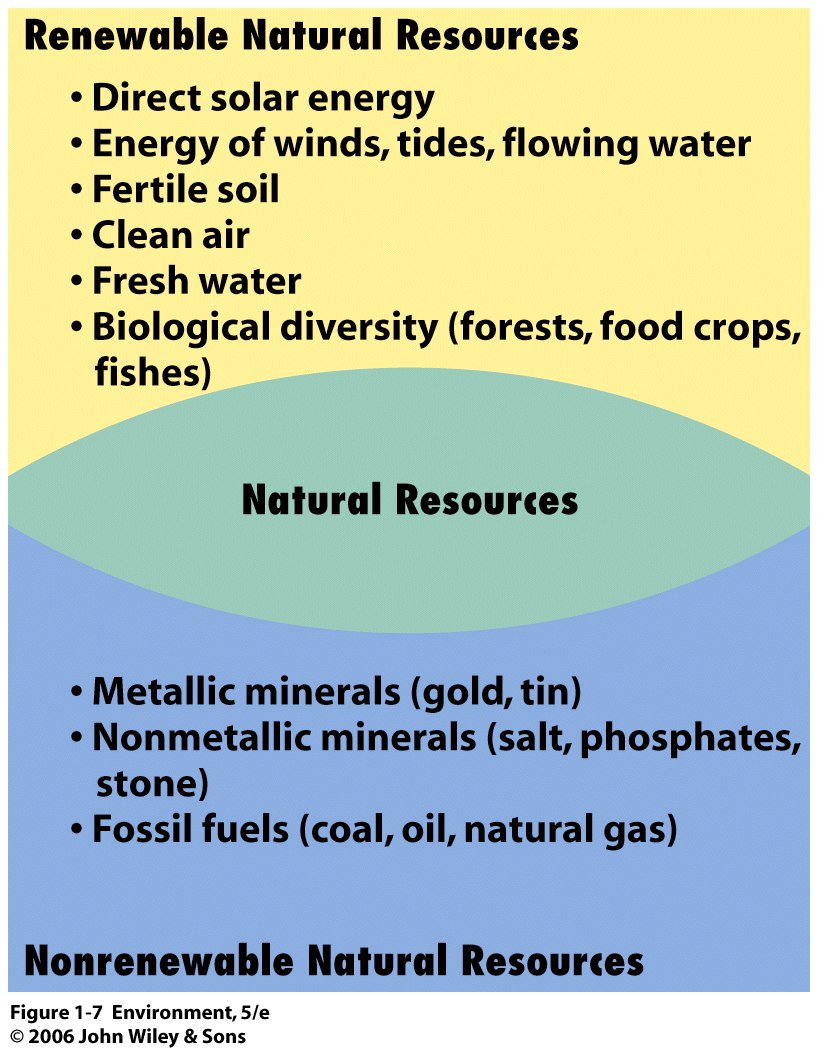Humanity and Global Change
Types of global change
- Pervasive local change (Smil, 2002)
- Change at one location does not directly affect another
- Benefits of mitigation primarily local
- e.g. aquifer depletion and pollution, invasive-alien species, photochemical smog
- Inherently global change (Smil, 2002)
- Planetary effects regardless of locus of origin
- Benefits of mitigation primarily global
- e.g. climate forcing, ozone depletion
Environmental change goes global
- With globalization, humanity has become the dominant ecological and evolutionary force on the planet (Speth, 2004; Ehrlich and Ehrlich, 2004)
- During the twentieth century humanity increased its...
- population fourfold,
- economic output increased twenty-fold,
- energy use sixteen-fold, and
- pesticide output tenfold.
Tabulating the cost
Findings of the Millennium Ecosystem Assessment (MEA, 2005c):
- 60% (15 of 24) of ecosystem services being degraded or used unsustainably
- Cultivated systems cover 25% of Earth's terrestrial surface
- 20% of coral reefs lost and additional 20% degraded
- 35% of mangrove area lost
- 10-20% of drylands degraded (MEA, 2005b)
- More than 50% of wetlands destroyed, and an even larger proportion degraded (MEA, 2005d)
Tabulating the cost
- Water impoundment quadrupled since 1960,
- Withdrawals from rivers and lakes doubled (70% used for agriculture)
- Reactive nitrogen has doubled since 1960, and phosphorus has tripled
- Atmospheric concentration of carbon dioxide has increased by 32% since 1750, with 60% of this increase after 1959
- 10-30% of mammal, bird, and amphibian species face extinction
- 20-30 percent of assessed plants and animals face extinction if temperatures increase by more than 1.5-2.5 degrees C (MEA, 2005a)
Natural Resource Use
A planet-wide experiment
``The fundamental problem is that Homo sapiens is moving ecological systems outside the envelope of conditions that have existed over evolutionary history. This is terra incognita and the assumption that ecological systems will respond stably is unjustified.''
-Robert O'Neill (2001)
Brian M Napoletano
2011-09-09

